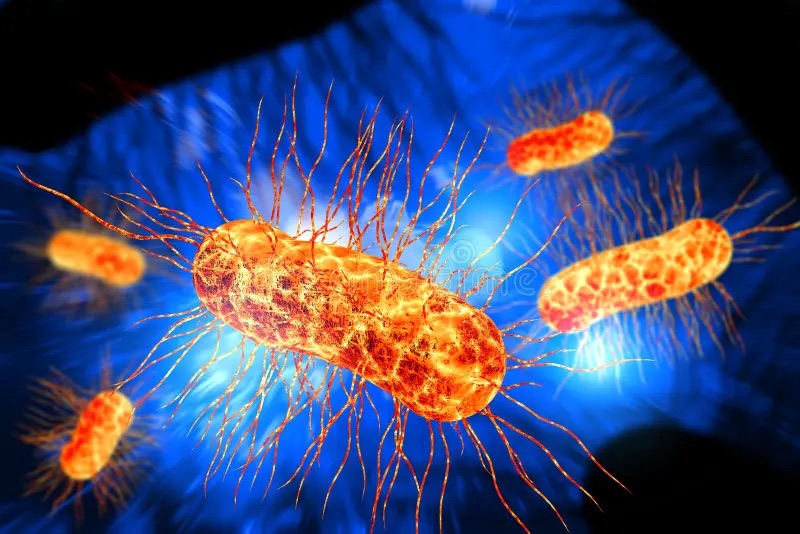gut microbe series 05: Akkermansia muciniphila
May
30
Akkermansia muciniphila is a species of bacteria naturally present in the human gut microbiota known for its ability to degrade mucin, a glycoprotein that lines the digestive tract. In addition to maintaining a healthy mucus layer in the gut, it thrives in the mucous layer that lines the intestines, where it feeds on mucin, a glycoprotein produced by the cells that line the digestive tract.
Its potential health benefits include promoting gut barrier function, reducing inflammation, and improving metabolic health.
Akkermansia muciniphila has specialized enzymes that allow it to break down and consume mucin as its primary energy source. By doing so, it helps maintain the integrity of the gut barrier and overall gut health.
While specific foods containing Akkermansia muciniphila are not widely studied, certain dietary factors can potentially promote its growth. These include:
1) Polyphenol-rich foods like berries, nuts, seeds, and tea. Certain vegetables also contain polyphenols, which can support the growth of Akkermansia muciniphila.
2) Prebiotic fiber: Foods rich in prebiotic fibers, such as onions, garlic, leeks, asparagus, bananas, and whole grains, can also encourage the growth of Akkermansia muciniphila.
3) Fermented foods: Fermented foods like yogurt, kefir, sauerkraut, and kimchi may indirectly support the growth of beneficial bacteria like Akkermansia muciniphila by fostering a healthy gut microbiome environment.
While these foods may help promote a healthy gut microbiome, it’s important to note that individual responses to dietary changes can vary, and further research is needed to fully understand the impact of specific foods on Akkermansia muciniphila levels.



